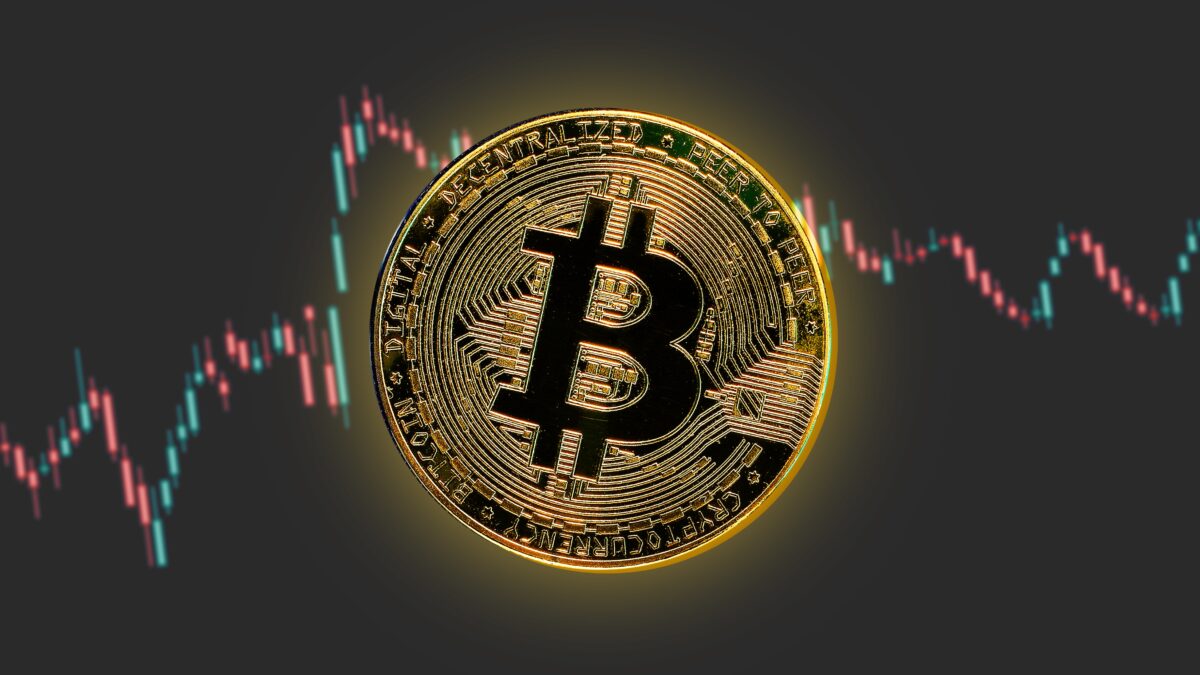Volatile stocks have again taken centre stage in global financial markets, driven by a confluence of factors, including the recent escalation of the Israeli-Palestinian conflict. As European markets brace for a mixed opening, investors assess the impact of geopolitical turmoil in the Middle East on their portfolios. In this article, we delve into the current state of volatile stocks and their implications in a world already grappling with economic uncertainties.
Geopolitical Turmoil Adds to Market Jitters
Over the weekend, the Israeli-Palestinian conflict escalated into a full-blown war, with Hamas launching a large-scale attack on Israel. This unexpected turn of events surprised many, including the Israeli government. The conflict has already claimed hundreds of lives and caused oil prices to surge by 4% overnight. Additionally, the US stocks declined on Monday as the violence injected fresh geopolitical risk into markets already dealing with inflation concerns and surging interest rates.
The prospect of prolonged conflict in the Middle East has introduced a new layer of uncertainty for investors. Geopolitical events have historically been catalysts for market volatility, with sudden and unforeseen developments causing sharp fluctuations in stock prices. As a result, many are wondering how to navigate this turbulent terrain.
Volatility’s Impact on Stock Market Forecast
Investors are eager to know how these developments will impact the stock market forecast for the next six months. While it’s challenging to predict the future with certainty, historical data suggests that periods of geopolitical instability can lead to increased market turbulence. In such times, it becomes crucial to diversify portfolios and consider hedging strategies to mitigate risk.
Moreover, the current volatility underscores the importance of thorough due diligence when considering stock market flotation. Potential investors must diligently research and analyse a company’s fundamentals, market positioning, and risk factors. As the situation in the Middle East remains unpredictable, staying informed about the latest developments is equally essential.
In conclusion, volatile stocks are again in the spotlight, driven partly by the recent escalation of the Israeli-Palestinian conflict. As geopolitical turmoil adds to the existing uncertainties of inflation and rising interest rates, investors must remain vigilant and adaptable. Diversification and risk management strategies will be paramount in navigating these turbulent market waters.











COMMENTS